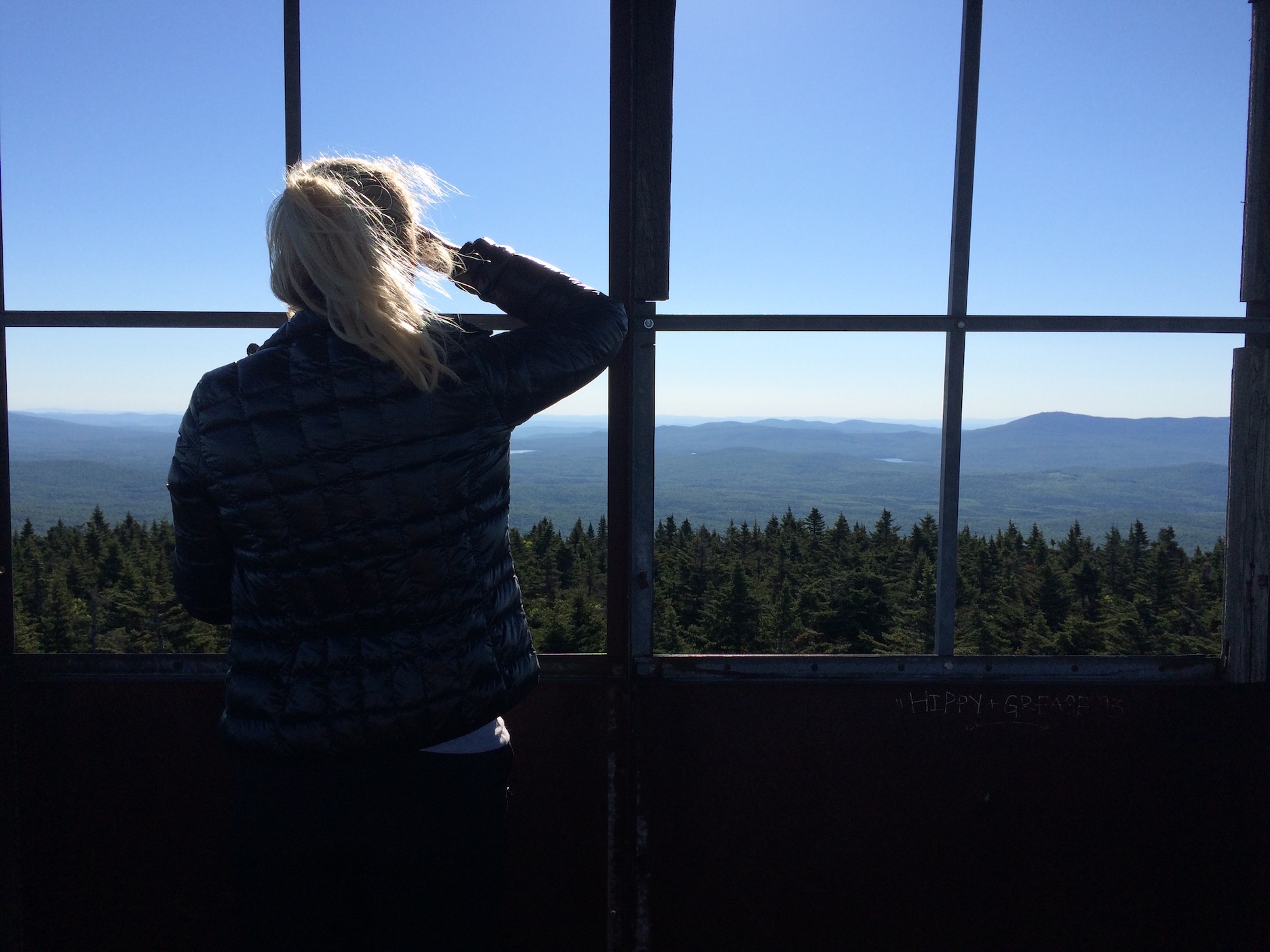By Mallory Hopkins | gargoyle@flagler.edu
| gargoyle@flagler.edu
I like to separate climate change stances into three categories: ‘Believers’ (which is ironic to refer to someone who acknowledges scientific fact, as a believer), ‘Skeptics’ and ‘Deniers.’
The other day at work I asked a few of my co-workers what their stance was. One of them interjected and said, “That’s what the climate does, it changes.”
His response was classic ‘Denier.’
My knee-jerk reaction was anger. All of these facts started bubbling up in my throat about parts per million of carbon in the atmosphere, ocean pollution, animal agriculture and where we’re going to be in 50 years, but I silenced them. The reason that these groups of people can’t make any progress is that we can’t talk to each other about what we think and why, because our initial reaction is to yell at whoever is ‘wrong.’
When discussing climate change with someone whose beliefs are the opposite of yours, it’s easy to dismiss all of their arguments and everything they say because you’ve already decided that you don’t agree with them. You’re focused on your arguments and how to prove them wrong when they’re focused on the same thing. You don’t listen to each other, someone starts yelling and what could have been a productive discussion falls flat.
Rather than yelling at my co-worker, we had a good discussion about different factors that affect the world. We began talking about overpopulation and that it’s a huge problem and why it’s a huge problem. Our discussion avoided yelling and moved toward finding something we both agreed on.
“Don’t Even Think About It: Why Our Brains are Wired to Ignore Climate Change,” by George Marshall, is about how we’re in a perfect storm of avoiding the discussion of climate change. Climate change is perceived as something that won’t affect us in our lifetime, while also being a problem so large that many people feel powerless against it.
One argument that Marshall makes about the reason for lack of progress is not only because we’re so polarized on the subject, but also because we can’t even talk about it. In politics, it’s referred to as ‘The C-word’ and people refuse to say it. Scientists are forced to use these roundabout ways of presenting climate change information and different ways of asking for funding, without ever actually using the phrase ‘climate change.’
I hate that. I want to bring up climate change in every conversation I have. I want to have productive conversations with people from all sides with less yelling and more listening. I want to be able to bring it up without someone changing the subject. I want to shout it from the rooftops just so people get used to hearing it because it’s going to be a huge part of our lives in the very near future.
The book has really made me think about the way people refer to climate change or lack thereof. It has become such a taboo topic, and people tend to just change the subject. Something important that every ‘believer’ should start doing: rather than getting angry at a ‘denier’ or ‘skeptic,’ we need to start having rational respectful conversations across the aisle.



Be the first to comment on "Hot and cold: Trying to talk climate change"